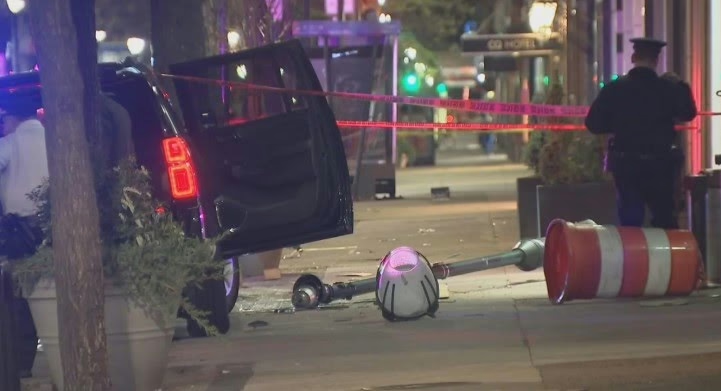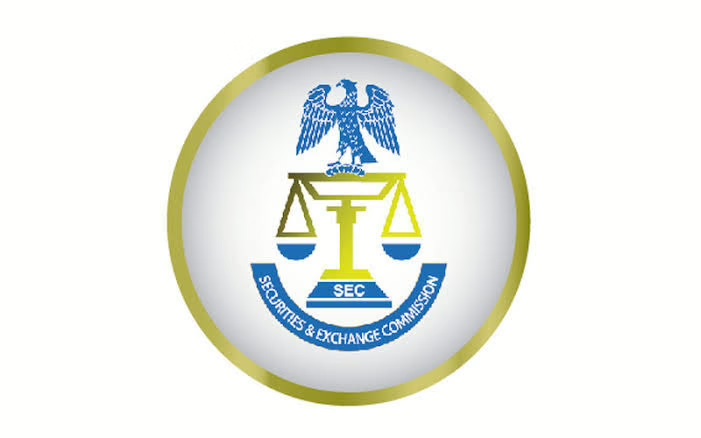Between 2021 and 2023, over 1,425 international students admitted to universities in the United Kingdom were denied entry at the country’s airports. Among them, 161 were Nigerians who were turned back upon arrival at various UK airports.
According to data obtained exclusively from the UK Home Office under the Freedom of Information Act, Indian students were the most affected, with 644 cases accounting for 45% of the total. Nigerian students followed, representing 11.3%, while Ghana ranked third with 92 students (6.46%), and Bangladesh fourth with 90 students (6.32%).
The data, which covers the period from October 2021 to October 2023, pertains only to students denied entry at the airport and does not include those deported by the Home Office for violating visa terms, such as exceeding the 20-hour work limit or engaging in academic misconduct. The Home Office did not provide specific reasons for the removal of these students.
However, sources from Saturday PUNCH indicate that common reasons for such decisions include students failing to convince Border Force officers during airport checks, presenting forged documents, or lacking proficiency in English.
Dele Olawanle, a London-based immigration lawyer, criticized the treatment of students in a September 2023 post on X (formerly Twitter). He called on the UK Government to restrain Border Force officers, whom he accused of acting as de facto admissions officers. Olawanle recounted instances where three students contacted him within three hours, all facing removal threats at the airport.
“UK border officers have turned themselves into university officials at the point of entry by questioning students entering the UK to start their courses on aspects of the courses they are about to begin. If they do not answer correctly, they have their visas canceled, and some are removed from the UK. It’s sad! I’ve had three such cases in the last 24 hours,” Olawanle wrote.
He argued that it’s not the job of Border Force officers to examine students on their academic knowledge since most were already interviewed by their universities before admission. Olawanle, who has dealt with these officers for over 24 years, emphasized that their role is to ensure students obtained entry clearance legitimately.
Nelly Okechukwu, a data analyst, also shared a personal experience of narrowly escaping such scrutiny. After a 16-hour flight, he was asked by a border officer to present his transcript and then quizzed on a course he had studied in his second year of university—a degree he completed in 2012.
In the 2021/2022 academic year, 679,970 international students were admitted to UK universities, according to data from the Higher Education Statistics Agency (HESA). Of these, 44,195 were Nigerian, the highest number among African students. This number increased to 72,355 in the 2022/2023 academic year.
A report by SBM Intelligence estimated that Nigerian students and their dependents contributed £1.9 billion to the UK economy during the 2021/2022 academic year. In total, international students brought in £41.9 billion to the UK economy during that period.
The Universities UK International, the umbrella body for UK universities, declined to comment on the student removals but noted that the number of students denied entry was less than 0.01% of the total study visas granted between 2021 and 2024.
Meanwhile, the Nigerians in Diaspora Commission (NIDCOM) stated that no students had reported being unfairly denied entry at UK airports.
Emmanuel Gbadega, Director of the foreign education consultancy firm Story Across Globe, explained that students might be refused entry if they appeared suspicious or failed to adequately explain their purpose. He advised students who are denied entry to seek refunds from their universities.
Immigration lawyer Adeola Oyinlade urged Nigeria’s Ministry of Foreign Affairs and NIDCOM to be concerned about the removal of Nigerian students at foreign airports. He also advised students denied entry to comply with such decisions to avoid a 10-year ban.
Another immigration lawyer, Dr. Yemi Opemuti, noted that Border Force officers have the authority to deny entry, emphasizing that having a visa does not guarantee admission into the country.
The UK Home Affairs and British High Commission in Nigeria did not respond to inquiries about the matter.
There has been a notable decline in the number of Nigerians going to the UK for studies, attributed to the January 2024 ban on dependents of student visa holders and the devaluation of the naira, which has weakened the financial ability of many Nigerians to afford studying abroad.
(PUNCH)











Leave a Reply